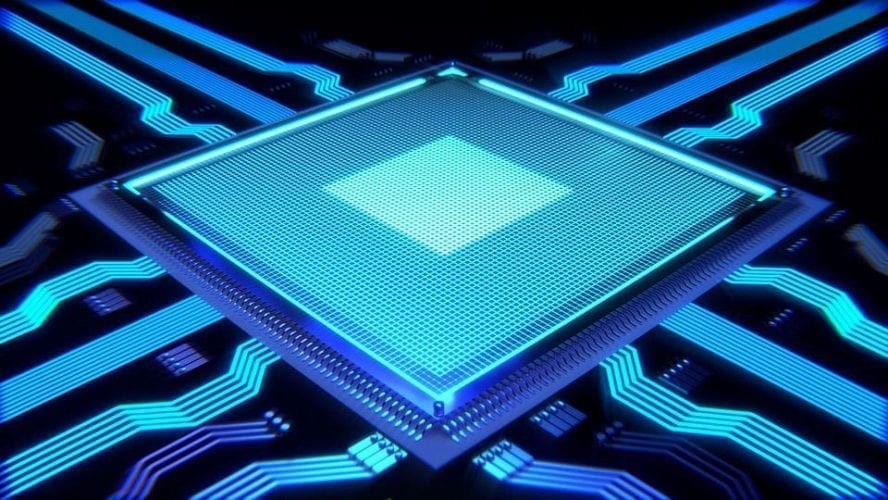The processor is the main component that determines the speed of operation of a smartphone. When we buy a smartphone we don’t often look at the features of the CPU. Do you know the difference between a 32-bit processor and a 64-bit processor? What’s the best?
When you want to buy a smartphone, we take the one with more RAM, the best camera, large storage capacity and a battery that offers a good battery life. Today I will teach you something about your processor, you will know all its features, whether it is a 32 or 64-bit smartphone.
Now in the smartphone market, there are smartphones equipped with 32 and 64-bit processors. We will see the difference between 32 and 64-bit smartphones, what it means for the end-user and what is the best choice between these two types of processors.
Difference between a 32-bit smartphone and a 64-bit smartphone
To fully understand the difference between a 32-bit processor and a 64-bit processor, it is important to first understand what a bit is.
What is a bit?
In simple terms, a bit is a binary digit, which is one of the two symbols of the binary number system, classically called zero (0) and one (1). Computers only include this binary format- (0 or 1).
8 bits form a byte (byte in English). Kilobytes (1024 bytes), megabytes (1024 KB) are multiples of bytes.
The digits (32 bit or 64 bit) refer to the processor architecture. The more powerful the chip, the more it is able to perform a large number of calculations.
The first microprocessor, Intel 4004, had a 4-bit architecture. The Intel 8080 chip introduced the 8-bit architecture in the 1970s. The first smartphone with a 64-bit chip (Apple A7) was the iPhone 5s in 2014.
64-bit processor vs 32-bit processor
Arithmetic and logical operations within a processor are performed using registers. If the size of the register in a CPU is 32 bits, it is a 32 bit CPU and if the size is 64 bits, it is a 64-bit processor.
A 32-bit processor can store values from 2 ^ 32 (from 2 to 32 power points), so a program with 32-bit architecture can reserve only 4 GB (2 ^ 32) against 18.4 exabytes with a 64 processor bit.
64-bit processors can process more data per second than 32-bit processors. In fact, a 32-bit CPU can handle 4 bytes of data in a CPU cycle (8 × 4 = 32), while a 64-bit CPU can handle 8 bytes of data (8 × 8 = 64). Therefore, 64-bit processors do not need to return to memory often as 32-bit processors. As a result, 64-bit processors operate faster than their 32-bit counterparts.
Which smartphone is better? 32 bit or 64 bit
As mentioned above, 32-bit processors can handle up to 4 GB of RAM, but 64-bit processors can handle more. Today, with applications that require more resources, 4 GB of RAM will no longer be sufficient.
The more we use smartphones, the more memory we need. A little additional RAM also ensures that you will not face problems during multitasking.
64-bit phones will do everything better than 32-bit phones. The ARMv7 architecture on most 32-bit phones is good, but it is also improving. The new ARMv8 architecture is much more streamlined, energy-efficient and faster when it comes to daily activities.
The most notable advantage of a 64-bit operating system compared to 32-bit will be the performance of the device. While many users may find that a 32-bit processor offers them good performance and memory access. Applications that require large amounts of memory will work better on the 64-bit processor.
How to check if the smartphone is 32 or 64 bit?
On iOS, all iPhones released after iOS 7 are 64-bit (hence from the iPhone 5s).
On Android, all smartphones over ARMv8 are 64-bit devices. You can still check it with the Benchmark AntuTu app.
This reveals all the information on your device, especially if it has a 32 or 64-bit processor.
In conclusion
Now, all the new smartphones that come out are equipped with 64-bit processors. So the question of whether to buy a 32-bit or 64-bit smartphone will gradually disappear.
